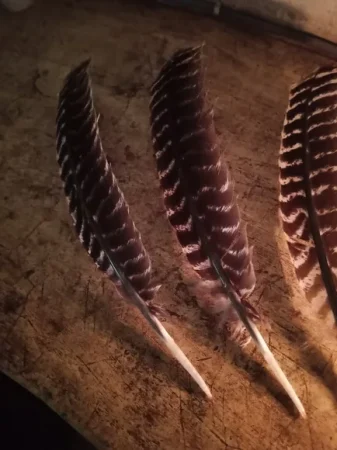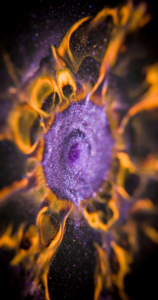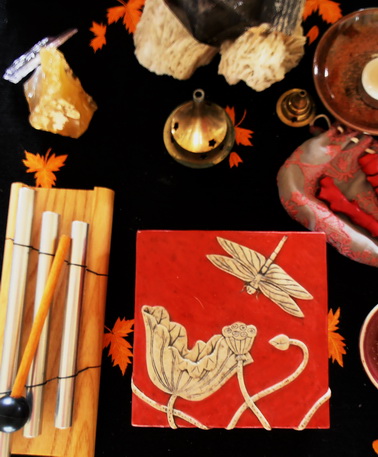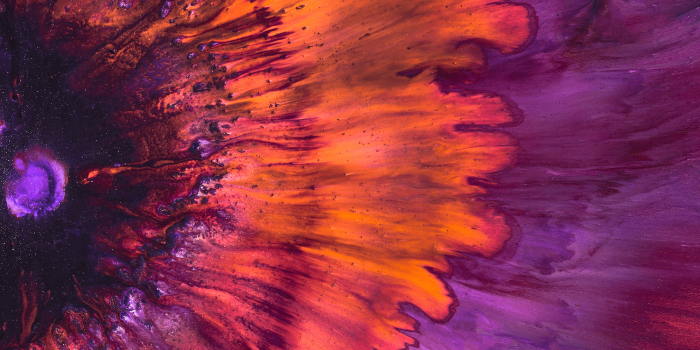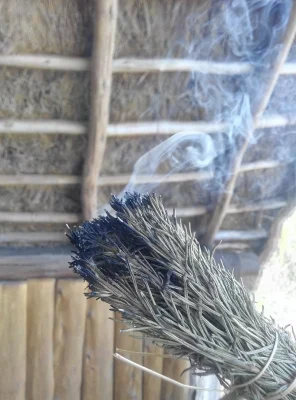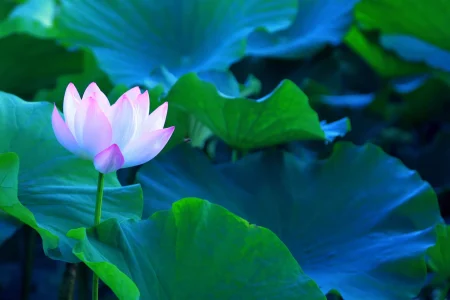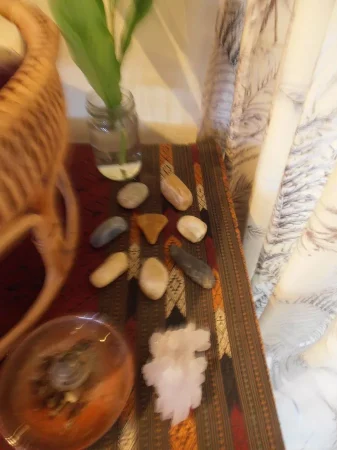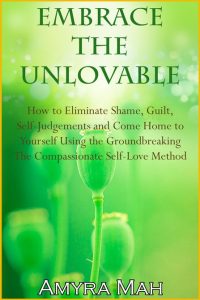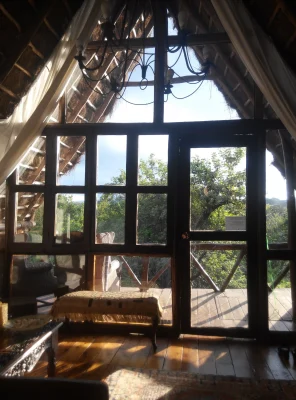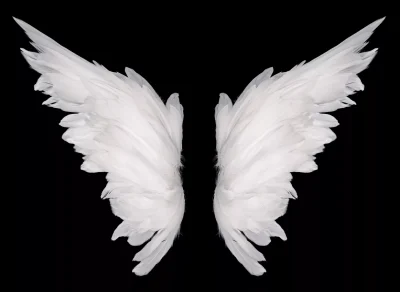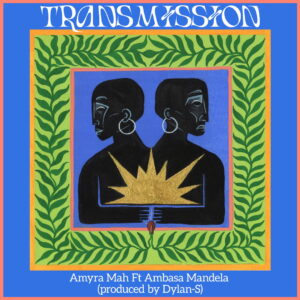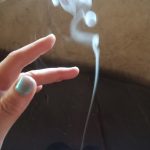When I was a kid, I taught myself how to literally breathe under water.
Swimming underwater was one of my favourite activities. It allowed me to escape into a world where I could seemingly transcend the physical laws of gravity and other restrictions of moving on land. I enjoyed being able to wade and propel my body through water. Sometimes, I would imagine that I wasn’t in water but gliding through air.
As a kid, my mind had already developed a curiosity to seek, question and explore new ways of relating to the world. The world, as I was told it was, just didn’t seem to encompass the full potential I knew it had.
That curiosity manifested throughout my childhood in some pretty destructive behaviours. I was constantly testing the boundaries of what-is and what I could get away with. Not for the sake of provoking a response from others but an intense desire to see what was beneath the apparent layer.
One day, my fascination to look beyond took hold of me while I was underwater. I started to entertain the thought that I might be able to breathe in the water. I started by experimenting with what would happen if I were to breathe normally; I found that by drawing in air like I would on land, the water would start to go into my nostrils.
By slowing down my breathing, I learned to control my consumption of oxygen. I breathed very shallowly, so that the water would move in and out of my nostrils millimeter by millimeter. Mentally, I saw how much volume of air was needed for me to breathe on land in order for me to get enough oxygen for every breath. The amount of air I was breathing in underwater was not giving me enough oxygen to sustain myself for long in the water.
So I had a thought: I needed to find a way to extract more oxygen out of the volume of air I was breathing in. In that moment, an idea came to my mind: The physical reality of the world was opened to challenge.
Who was to say that only X amount of oxygen could be extracted from Y amount of air? My mind rapidly ran through a list of variables that I could possibly manipulate – e.g. the strength of my breathing, the angle at which I held my head, the size of the cavity made available to hold the air.
After playing around with these mechanical variables and finding no real satisfaction, my mind began to explore the spiritual nature of what I was dealing with. If I wasn’t able to extract more oxygen from the water, what if there was another life-sustaining substance which I could extract from it? Something equally or more life-giving than what most of us knew?
With that thought, I experimented with holding my mental space differently. I saw a door that would enable me to do what I knew was possible and it required me to operate beyond my physical self.
I can’t remember exactly what I did or how I did it, but in a short time I was able to train myself to breathe in the water.
That experience became part of the foundation of my present philosophy of life.
Note: If you think the language is more complex than is possible for a young child, understand that I am crafting words in present time to represent my thought processes as a child.
